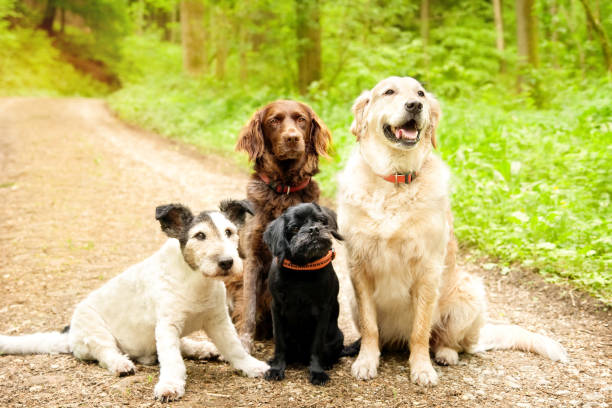Below we list our top simple and healthy dog snacks.
Carrots for Healthy Teeth
Raw carrots aren’t just for horses – they’re also a great healthy snack for your dog! Chewing carrots is excellent for your dog’s teeth and helps them to stay sharp. It is perfect for overweight dogs as they are so low in calories. Checkout our wellness package.
Cheese for a Protein Boost
Cheese can be an easy and healthy snack with lots of protein and calcium as long as your dog isn’t lactose intolerant. Cottage cheese is a perfect choice for dogs as it is very high in protein, low in fat and easy to digest.
Yogurt for Digestive Health
This one is quite specific, as you’re looking for plain, unsweetened, live yogurt. The live cultures and probiotics are great for your dog’s digestive health, and as with cheese, adding extra dairy to your dog’s diet means a boost of protein and calcium.
Eggs for Extra Calories
Your pup can enjoy eggs cooked or raw. Raw eggs can be given to your dog whole (preferably outside!), including the shell, as this contains a lot of great nutrients such as biotin and riboflavin. If you need more clarification on raw eggs, try a hard-boiled egg, peeled with no seasoning. High in protein and a good calorie boost for a growing pup!
Green Beans for Dogs
Green beans are the perfect snack for a vegetarian dog that needs to lose weight. The stringy vegetable is very high in fiber, which will help your dog to feel full, but it doesn’t contain many calories so it will aid in weight loss.
Apples for Vitamins
Chuck a chopped apple into your dog’s bowl at snack time to give it a daily dose of vitamins A and C. No need to peel it as the skin is where much of the nutrient content is stored, but avoid seeds as much as you can as these contain small quantities of cyanide.
Fish for Good Fats
Cooked salmon or sardine is especially beneficial to your dog as they contain good fats and amino acids. Ensure any fish you feed your pet is cooked, and remove all bones before to ensure there’s no risk of choking.
Coconut for Immune Protection
Coconut contains a fatty acid called lauric, which helps the immune system and can help in weight loss. You can feed your dog coconut flesh, coconut milk or coconut oil, but make sure they don’t get their paws on a whole coconut as the furry outer shell can cause problems if swallowed. Coconut also helps with bad breath and skin conditions, so this one’s an all-rounder!
Peanuts is a good source of Protine Protein
Peanuts are one of the only nuts that your dog can eat. Macadamias, walnuts and pecans are highly toxic to dogs, whilst almonds pose a choking risk due to their shape. Peanuts, however, are entirely safe and are a good source of protein and healthy fats. Ensure you feed your dog shelled, unsalted peanuts to keep this snack healthy.
Port Kennedy Vets offers a Wellness Programme to help you keep your dog in top condition and live a long, healthy and happy life. Call 08 6555 5149 or visit our contact page today to learn more.
